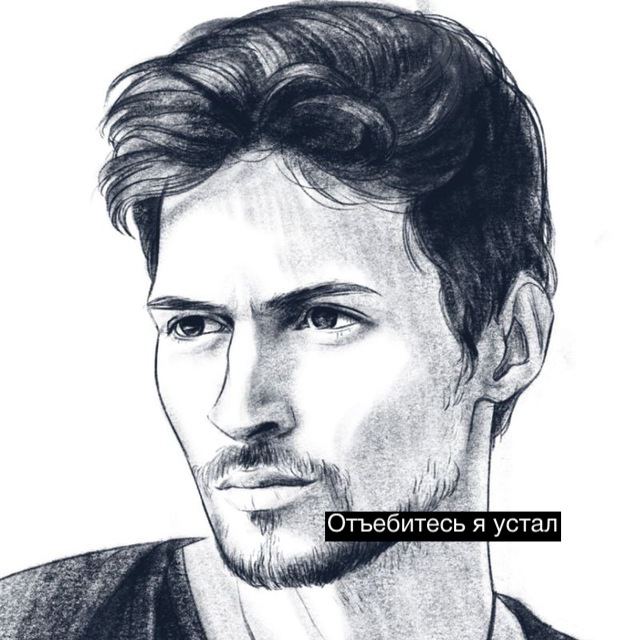A
Size: a a a
2021 January 19
А окей
A
А как вызывать если такое повторяться будет?
I🎄
или как тут вызывать его
Кого?
A
Кого?
одменов)
K🥃
Кого?
Дурова 🌝
p
А как вызывать если такое повторяться будет?
Здесь Combot сидит
A
Дурова 🌝
Главное чтоб нахуй не послал)
K🥃
!Дуров
A
А то скажет, что ему нейтив спикер передал
p
Дурова 🌝
@onetimeusername или «Паша приди»
K🥃
@onetimeusername или «Паша приди»

DS
@onetimeusername или «Паша приди»
IP
When it comes to ways of addressing people, there are two distinct cultural lines in Russia - the disrespectful tradition influenced by the Mongols and popular in the authoritarian Czardom of Moscovy, and the respectful tradition that was formed under the Varangian Vikings influence and popular in the free Novgorod Republic.
The former would imply using a pronoun and forms of the name that are disrespectful, while the latter would involve using a respectful pronoun and a full name, most often with the patronimyc (father’s name). This was driven by the difference in how these two societies functioned.
The borders of the region where I was born (Northwestern Federal District) roughly corresponds with those of the former Novgorod Republic. The Novgorod Republic was massacred and pillaged in the 16th century by the muscovite tsar Ivan the Terrible, but the cultural line persisted and was reborn in St. Petersburg. Today St. Petersburg is considered to be the cultural capital of Russia, where people are generally more polite and well-mannered.
Forms of names and pronouns are one of the ways one can use to quickly identify the cultural line a person in Russia belongs to.
The former would imply using a pronoun and forms of the name that are disrespectful, while the latter would involve using a respectful pronoun and a full name, most often with the patronimyc (father’s name). This was driven by the difference in how these two societies functioned.
The borders of the region where I was born (Northwestern Federal District) roughly corresponds with those of the former Novgorod Republic. The Novgorod Republic was massacred and pillaged in the 16th century by the muscovite tsar Ivan the Terrible, but the cultural line persisted and was reborn in St. Petersburg. Today St. Petersburg is considered to be the cultural capital of Russia, where people are generally more polite and well-mannered.
Forms of names and pronouns are one of the ways one can use to quickly identify the cultural line a person in Russia belongs to.
DS
нет слов, одни местоимения
NS
@corbee ты участвуешь?
DS
@corbee ты участвуешь?
а ты будешь?
DS
я бы к кому-то в команду залетел
правда ещё правила не успел прочитать, может там тоже polite pronouns 👀
правда ещё правила не успел прочитать, может там тоже polite pronouns 👀
NS
Да давай ко мне
DS
супер



